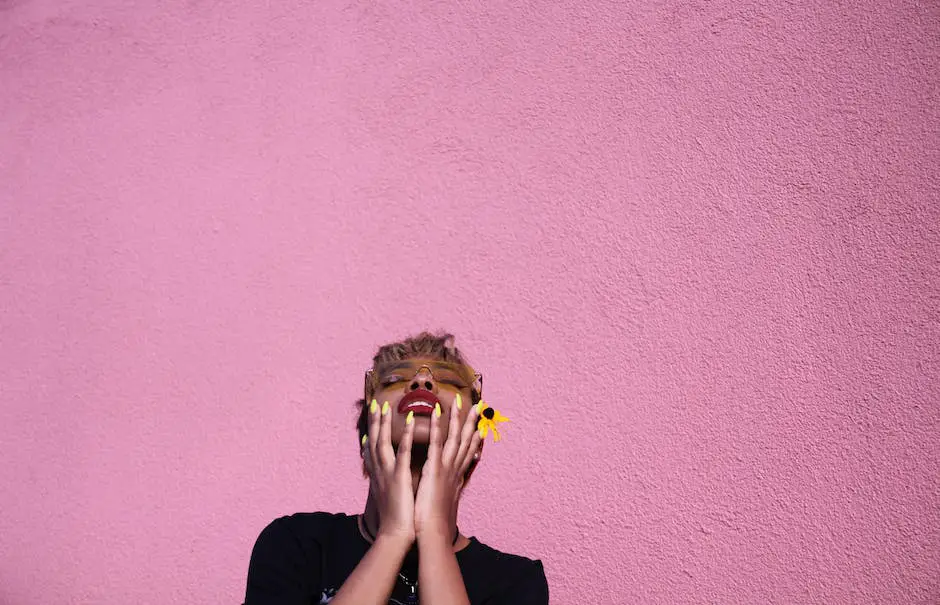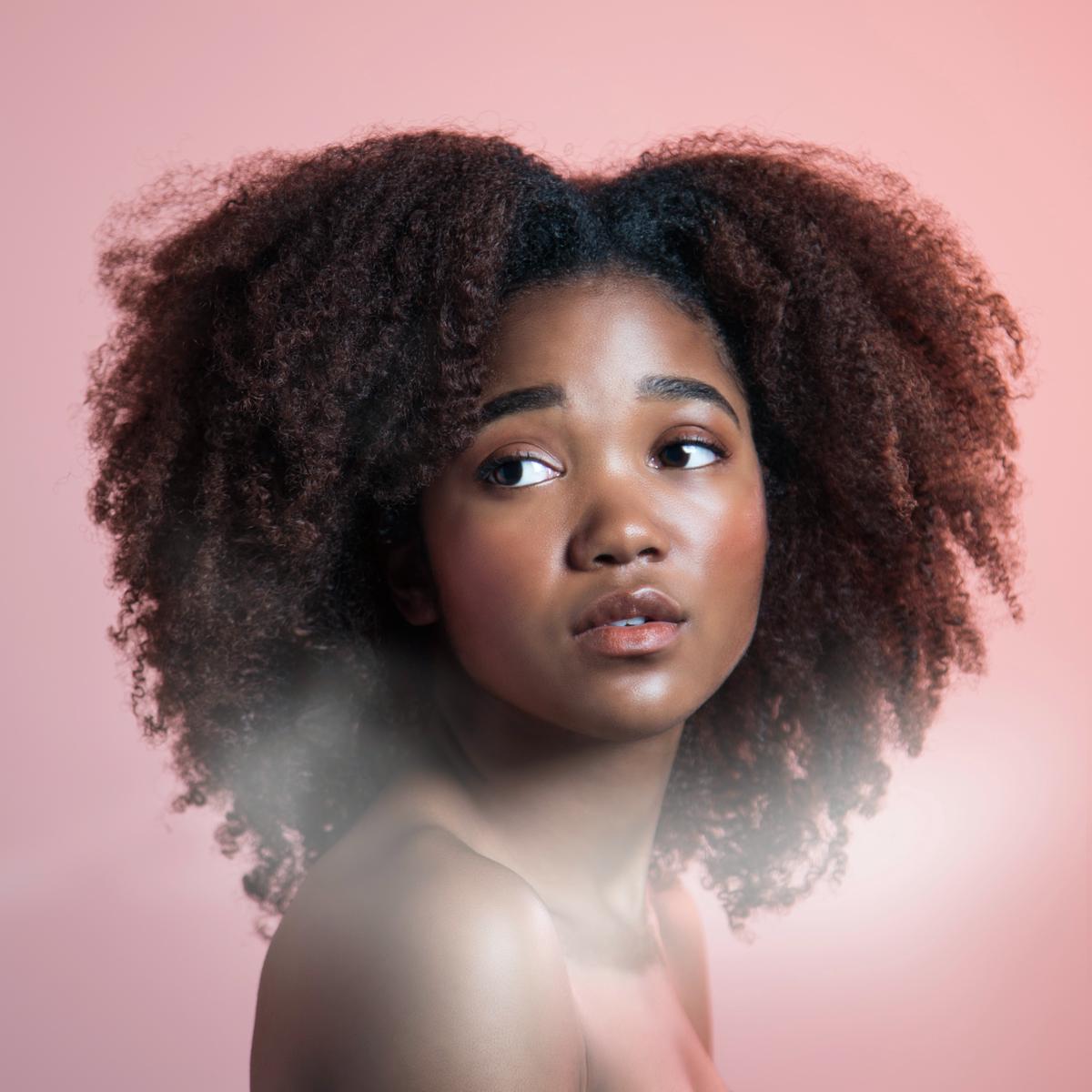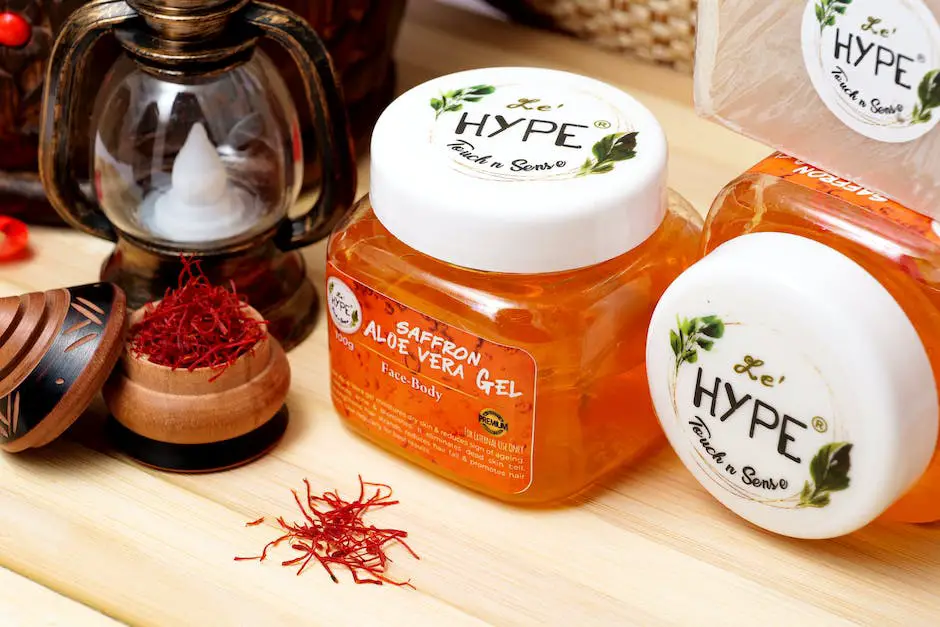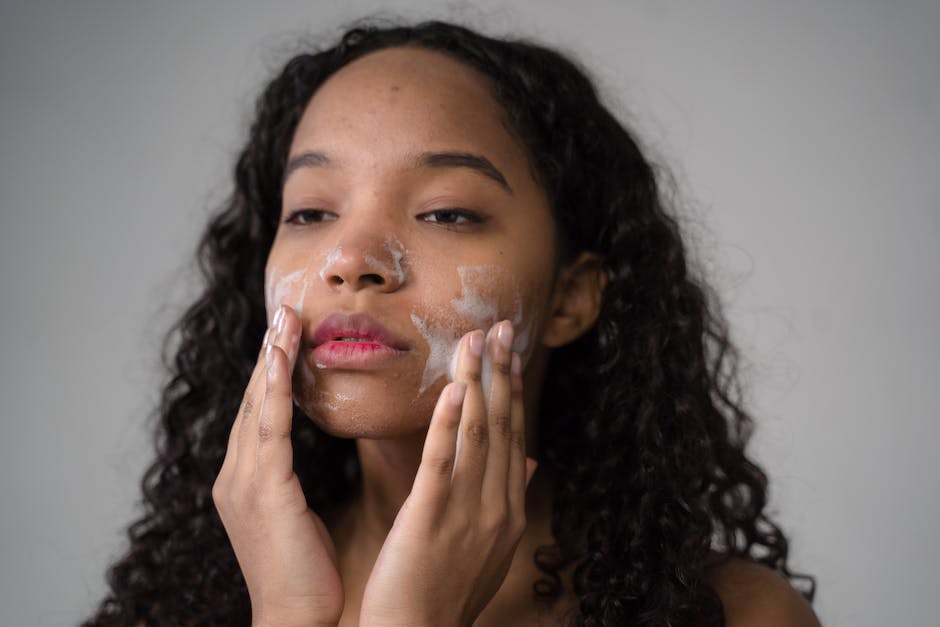When it comes to hair care, every hair type have its specifications, unique challenges and solutions, and African hair is no exception. With its unique texture and richness, it stands out compared to other hair types. However, it is susceptible to dryness and brittleness, thereby requiring special care. In this exploration, we will delve deep into understanding the peculiarities of African hair, the importance of natural conditioning in fostering its health and growth, as well as the best practices to adopt post-conditioning. We believe that every strand of African hair deserves the best care, and equip you with an arsenal of knowledge on DIY conditioners, best natural products, and how to use them for optimal results.
Understanding African Hair Type
Understanding the Unique Nature of African Hair
African hair possesses a unique structure and texture that sets it apart from other hair types. This distinctive texture typically features a dense, tightly coiled or kinky pattern. This natural hair type is versatile and can exhibit a range of textures, including wavy, coily, and kinky curls.
The structure of African hair is characterized by a flattened oval cross-section, while other hair types such as Asian or Caucasian hair have a circular cross-section. This unique structure results in African hair being more susceptible to breakage and damage. Moreover, the torsion twists in the hair strands make it difficult for the oil (sebum) from the scalp to travel down the hair shaft, resulting in dryness.
Challenges Associated with African Hair
Despite its unique beauty, managing African hair comes with its set of challenges. Among the key issues experienced by individuals with this hair type are dryness and brittleness, which make the hair prone to breakage. Other issues include shrinkage and tangling due to the dense, coily nature of the hair.
Given the structure of African hair, it does not retain moisture as well as other hair types. The absence of enough moisture in the hair strands leaves African hair vulnerable to damage and breakage. The hair cuticles can become raised, leading to dulled appearance and tangled strands.
Natural Conditioning for African Hair
Managing African hair’s inherent challenges, such as dryness and breakage, necessitate the use of natural conditioning treatments. These treatments place a high emphasis on moisture balance, which mitigates dryness and promotes stronger, healthier hair.
The application of oils like coconut oil, olive oil, and avocado oil is a well-known technique. With their ability to infiltrate the hair shaft, they aid in moisture retention and protection against external damage. A deep conditioning effect is achieved by applying these oils and then enveloping the hair in a warm towel.
Organic hair masks offer another approach, relying on ingredients like honey, shea butter, castor oil, and aloe vera. Not only do these ingredients hydrate the hair, they also aid in detangling and nourishment. This ultimately results in reduced fragility and increased resilience.
The L.O.C method (liquid/leave-in conditioner, oil, cream) is another effective strategy for conditioning. It involves the layering of hydration, followed by sealing it with oil and a cream. This protocol ensures maximum moisture retention, which is imperative in preventing dryness and breakage common in African hair type.
While these treatments significantly improve African hair’s health and manageability, it’s important to underscore the value of consistency. Regular deep conditioning, gentle care, and protective hairstyles all contribute towards maintaining the health and vibrancy of African hair.

Importance of Natural Conditioning
The Crucial Role of Natural Conditioning for African Hair
African hair is celebrated for its distinct texture and natural volume. However, its unique anatomical structure means it can be more susceptible to dryness, breakage, and damage. This is burdensome since the scalp’s natural oils take longer to cover the entire length of the hair in the case of curly or kinky strands. Consequently, the hair does not receive an even spread of the moisture critical for its well-being. This makes external sources of hydration and nourishment, such as natural conditioning, pivotal for its care.
Moisture Improvement
Natural conditioners are an excellent source of hydration for African hair. These conditioners often contain oils like coconut, jojoba, and shea butter, which are known for their excellent moisturizing properties. They penetrate the hair’s shaft to hydrate from the inside, combating dryness and helping manage hair better.
Prevention of Hair Damage
One of the crucial benefits of using natural conditioners is their ability to protect the hair from damage. They can provide a protective layer around the hair strand, preventing harmful environmental factors like sun exposure, pollution, or harsh weather conditions from damaging the hair. This protective barrier can also shield the hair from potential harm caused by heat styling tools and keep it resilient against chemical treatments.
Promotion of Healthy Hair Growth
Natural conditioners rich in essential nutrients like vitamins A, B, C, E, and proteins are known to promote healthy hair growth. Regular use of a natural conditioner can nourish the scalp and strengthen the hair follicles, promoting longer and stronger hair over time.
Preservation of Natural Hair Pattern
Unlike chemical conditioners, natural ones do not alter the structure of African hair. They preserve the natural curl pattern, preventing frizz while enhancing the hair’s natural texture and shape. This maintenance of the hair’s inherent characteristics is an important aesthetic factor especially for those wishing to embrace their natural hair fierceness.
Chemical-Free Ingredient Benefits
While synthetic conditioners might give immediate smoothness and shine, they often contain hazardous chemicals like parabens, sulfates, and artificial fragrances. Over time, these can strip the hair of its natural oils, leading to dryness and damage. By contrast, natural conditioners are ordinarily free from these harmful substances, ensuring a cleaner and healthier hair care option.
When it comes to African hair, understanding its unique challenges and characteristics is crucial. Using natural conditioning methods becomes more than just an advantageous option, it’s a necessity. The benefits range from improved moisture retention and damage prevention to promoting healthier growth overall. By making natural conditioning a regular part of your hair care routine, you will start to treat not just your hair, but also the environment, with more respect and care.

Best Natural Conditioners for African Hair
Introducing: Aloe Vera, A Powerful Natural Conditioner for African Hair
One of the most effective natural conditioners for African hair is Aloe Vera. Known for its enriching content of vital vitamins such as A, C, and E, Aloe Vera promotes hair growth and imparts a healthy shine. These vitamins alongside the plant’s essential fatty acids, foster the healthy growth and functioning of hair cells. Aloe Vera also houses proteolytic enzymes that can repair dead skin cells on the scalp, helping reduce dandruff and boosting hair’s silkiness, making it an indispensable part of natural conditioning.
Coconut Oil: Seal in Moisture with the Versatile Oil
Coconut oil is long-praised for its substantial benefits on African hair types. Its lauric acid content makes it easier for the oil to penetrate the hair shaft, nourishing the hair with vitamins, minerals, and fatty acids. It also prevents protein loss, keeping African hair strong and preventing breakage. This rich oil can seal in moisture, stopping the typical dryness associated with African hair, providing a healthy, vibrant shine.
Honey: A Perfect Natural Hair Humectant
The effectiveness of honey as a natural conditioner lies in its humectant properties. Commonly known as a moisturizing agent, honey can retain and attract moisture, keeping the hair conditioned for longer periods. Coupled with its rich antioxidant properties, honey can help restore damaged hair, prevent hair loss, and boost hair growth.
Shea Butter: A Traditional Staple for African Hair
A classic in the arsenal of African hair care, Shea butter can condition your scalp and hair. Known to reinforce hair strands, it can prevent hair breakage and split ends. The fatty acids make it an incredible sealant, locking in moisture and making the hair softer and manageable. Shea butter’s anti-inflammatory properties can help reduce redness and scalp irritation by providing healing effects without clogging the pores.
Avocado Oil: Nutrient-rich Powerhouse for Hair Strengthening
Avocado oil is a nutrient-rich powerhouse that perfectly suits the needs of African hair. Containing proteins, amino acids, and high levels of vitamins A, D, and E, this oil can help enhance hair health and prevent damage. The high-levels of monounsaturated fatty acids can penetrate the hair shaft, providing deep moisturizing properties. Plus, its ability to add shine and tame frizz is a big bonus.
Jojoba Oil: Mimics Natural Hair Oils
Jojoba oil is particularly special due to its molecular similarity to ‘sebum,’ the natural oil produced by the scalp. By replenishing the hair with jojoba oil, you can restore moisture and balance without adding excess oil. It also helps in hair growth by reducing scalp-related problems and hair fall. This oil also works great on a dry, itchy scalp by providing extensive hydration.
Embracing natural conditioners such as aloe vera, coconut oil, honey, shea butter, avocado oil, and jojoba oil can revolutionize the care of African hair. Thanks to their nutrient-rich properties and their power to intensively hydrate and reinforce hair strength, these natural conditioners can be game-changers in achieving vibrant, robust African hair.

DIY Natural Conditioners and How to Use
Homemade Natural Conditioners for African Hair
Armed with the right key ingredients and knowledge, it’s feasible to create your own ‘kitchen-sink’ hair conditioners to effectively preserve the health and luster of your African hair. These DIY conditioners come with benefits like cost-effectiveness, and they lack the detrimental chemicals often skulking in conventional hair products. Here’s a compilation of simple-to-make hair conditioner recipes that employ readily available elements and pack a nutritional punch for your hair.
Avocado Deep Conditioner
One of the most popular DIY natural conditioner recipes uses a ripe avocado, which is rich in vitamins B and E that promote hair health. To prepare, simply mash a ripe avocado and mix it with a tablespoon of olive or coconut oil. Apply the mixture to damp hair and leave it on for about 30 minutes before rinsing. This helps restore luster and hydration to dry, brittle hair.
Banana and Honey Conditioner
Another great natural conditioner involves a ripe banana and honey. Bananas provide essential minerals such as potassium which strengthens hair and reduces breakage. Honey, on the other hand, helps retain moisture. For this, blend a ripe banana with two tablespoons of honey and apply to damp, clean hair. Leave it on for about 20-30 minutes before rinsing thoroughly.
Aloe Vera and Coconut Oil Conditioner
Aloe Vera contains proteolytic enzymes which repair dead skin cells on the scalp promoting hair growth, while coconut oil adds lustre, shine, and softness. Blend equal parts of aloe vera gel and coconut oil and apply the mix to your hair, paying special attention to the ends. Leave the treatment in for at least 30 minutes before rinsing.
Mastering the Application of Your DIY Natural Conditioner
Effectively employing your DIY all-natural conditioner is a crucial part of maintaining the health of your African hair. The process begins by washing your hair with a shampoo that is gentle on your scalp and hair, effectively removing dirt and excess oil. Then, apply your homemade conditioner, paying particular attention to the lengths and the ends of your hair; it is suggested to avoid the roots.
After applying, cover your hair securely with a shower cap, allowing the conditioner to absorb thoroughly into your hair strands over the course of 30-60 minutes. Following this, rinse your hair with lukewarm water to adequately remove the conditioner and then use a cold water rinse to effectively seal in the newly acquired moisture.
It is essential to remember that hair types differ greatly, which is why you should closely monitor how your hair reacts to these treatments. Fine-tuning the quantities of different ingredients or trying out new ingredients altogether may be necessary to create the most effective conditioning treatment for your unique hair type.

Maintaining African Hair Post Conditioning
Building Your Consistent Care Routine
Setting a regular and gentle hair care routine is a must for maintaining the optimal condition of African hair. It’s widely known that natural African hair often has a delicate nature compared to other types; thus, an unchanging routine generally includes conditioning, moisturizing, and protective styling. In most cases, a regimen kicks off with weekly or bi-weekly conditioning tailored to the specific needs of your hair, followed by careful detangling and meticulous styling.
Choosing the right products
Selecting the right hair care products is another critical aspect of maintaining African hair after conditioning. Products should be chosen based on your hair type, the current condition of your hair, and your hair’s specific needs. It’s best to opt for products free from sulfates, parabens, and other harmful chemicals. These can strip your hair of its natural oils leading to dryness and potential damage. Products containing natural ingredients like shea butter, aloe vera, jojoba, and coconut oils are typically recommended for moisturizing and promoting healthy hair growth.
Moisturizing and Sealing
African hair tends to be dry due to its unique structure which makes it harder for scalp oils to travel down the hair shaft. Therefore, moisturizing is a crucial part of the maintenance process. Using leave-in conditioners, moisturizing sprays, and creams can help hydrate the hair after conditioning. Following moisturizing, it’s equally important to seal in the moisture using oils like jojoba oil, argan oil, or coconut oil. This process prevents moisture loss, keeping the hair hydrated for longer.
Protective Styling
Incorporating protective styles into your hair care routine also assists in maintaining African hair post conditioning. These styles, which include braids, twists, cornrows, and updos, reduce exposure to damaging factors such as harsh weather conditions and frequent manipulation. They also help retain length as they decrease breakage and allow hair to rest and grow.
Proper Detangling Method
The method used to detangle African hair is also instrumental in maintaining its health post conditioning. Since natural African hair is prone to tangles and knots, being gentle during detangling is essential. It’s advisable to detangle the hair when it’s wet or damp to reduce breakage and always start from the ends moving upwards.
Regular Trimming
Lasty, regular trimming can contribute to the maintenance of African hair post conditioning. Trimming is beneficial in getting rid of split ends and single-strand knots that can lead to further damage. Even if you’re growing out your hair, trimming every 3-4 months helps maintain healthier and stronger hair.
In a nutshell, maintaining conditioned African hair
centers on developing a consistent care routine, using the right products, moisturizing and sealing adequately, utilizing protective styling, detangling gently, and regular trimming. These practices contribute to maintaining the benefits of conditioning, leading to healthier-richer hair.

To fully harness the beauty of African hair, understanding, nourishing, and caring for it is essential. Employing natural conditioning is not merely a hair care practice, it’s an act of cherishing and celebrating the authenticity of African hair in its raw form. Through this exploration, we hope you have garnered the knowledge necessary to treat your hair with the love and care it deserves, from identifying the right natural conditioners to creating your own at home. Furthermore, the comprehensive guide to post-conditioning routines ensures that your hair continues to thrive and grow, long after the conditioning process. Remember, your African hair is a crown – adorn it with the best care!

Leave a Reply